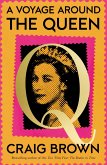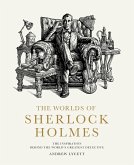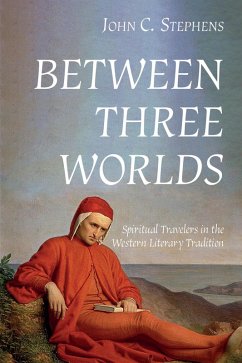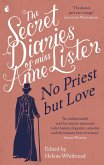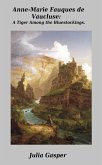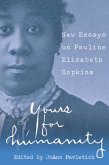Anne Spencer between Worlds provides an indispensable reassessment of a critically neglected figure. Looking beyond the poetry she published during the Harlem Renaissance, Noelle Morrissette provides a new critical lens for interpreting Spencer's expansive life and imagination through her archives, giving particular focus to her manuscripts authored from 1940 to 1975.
Through its attentiveness to Spencer's published and unpublished work, her work as a librarian and an activist, and the political dimensions of her writing, Anne Spencer between Worlds transforms our understanding of Spencer. It offers a sustained examination of poetry and ecology, and the relationships among race, gender, and archives, through its analysis of the manuscripts that Spencer produced and revised throughout her life. Morrissette argues that the expansiveness, depth, and range of Spencer's writing has not been appreciated because she did not publish this incomplete, ongoing work. She also demonstrates that careful reading of the manuscripts challenges many of the assumptions that have governed Spencer's reception.
In Anne Spencer between Worlds, Spencer emerges as a deeply engaged political poet who used the creative possibilities of the unpublished manuscript to explore pressing political and cultural concerns and to develop experimental cultural forms. In her unpublished manuscripts, Spencer pushed beyond the lyric mode to develop experimental forms that were alert to the expressive possibilities of the epic, prose, correspondence, and mixed genres. Indeed, Spencer's manuscripts serve as witnesses of historical and poetic junctions for the poet and for the attentive reader of her archives.
Through its attentiveness to Spencer's published and unpublished work, her work as a librarian and an activist, and the political dimensions of her writing, Anne Spencer between Worlds transforms our understanding of Spencer. It offers a sustained examination of poetry and ecology, and the relationships among race, gender, and archives, through its analysis of the manuscripts that Spencer produced and revised throughout her life. Morrissette argues that the expansiveness, depth, and range of Spencer's writing has not been appreciated because she did not publish this incomplete, ongoing work. She also demonstrates that careful reading of the manuscripts challenges many of the assumptions that have governed Spencer's reception.
In Anne Spencer between Worlds, Spencer emerges as a deeply engaged political poet who used the creative possibilities of the unpublished manuscript to explore pressing political and cultural concerns and to develop experimental cultural forms. In her unpublished manuscripts, Spencer pushed beyond the lyric mode to develop experimental forms that were alert to the expressive possibilities of the epic, prose, correspondence, and mixed genres. Indeed, Spencer's manuscripts serve as witnesses of historical and poetic junctions for the poet and for the attentive reader of her archives.
Dieser Download kann aus rechtlichen Gründen nur mit Rechnungsadresse in A, D ausgeliefert werden.



